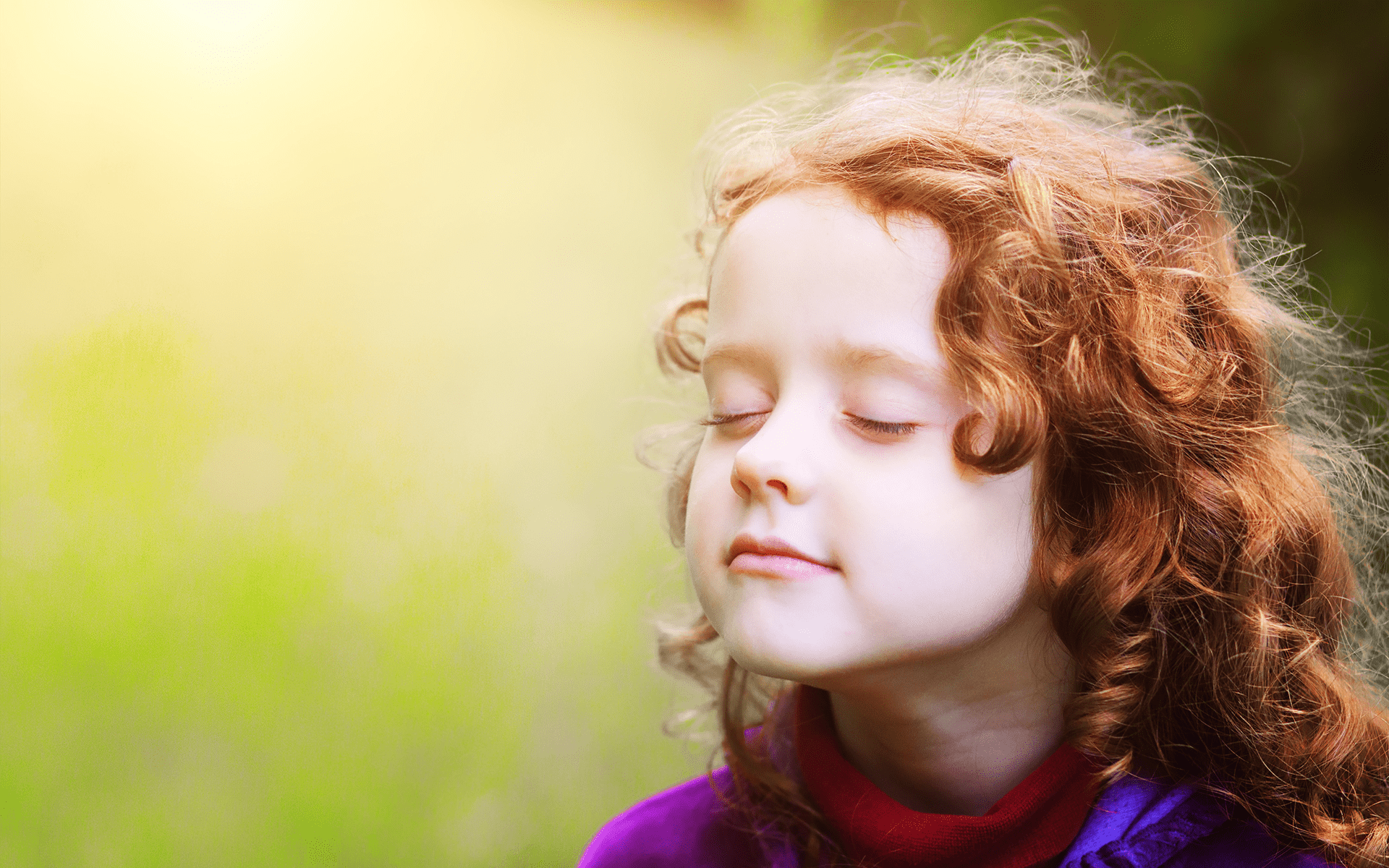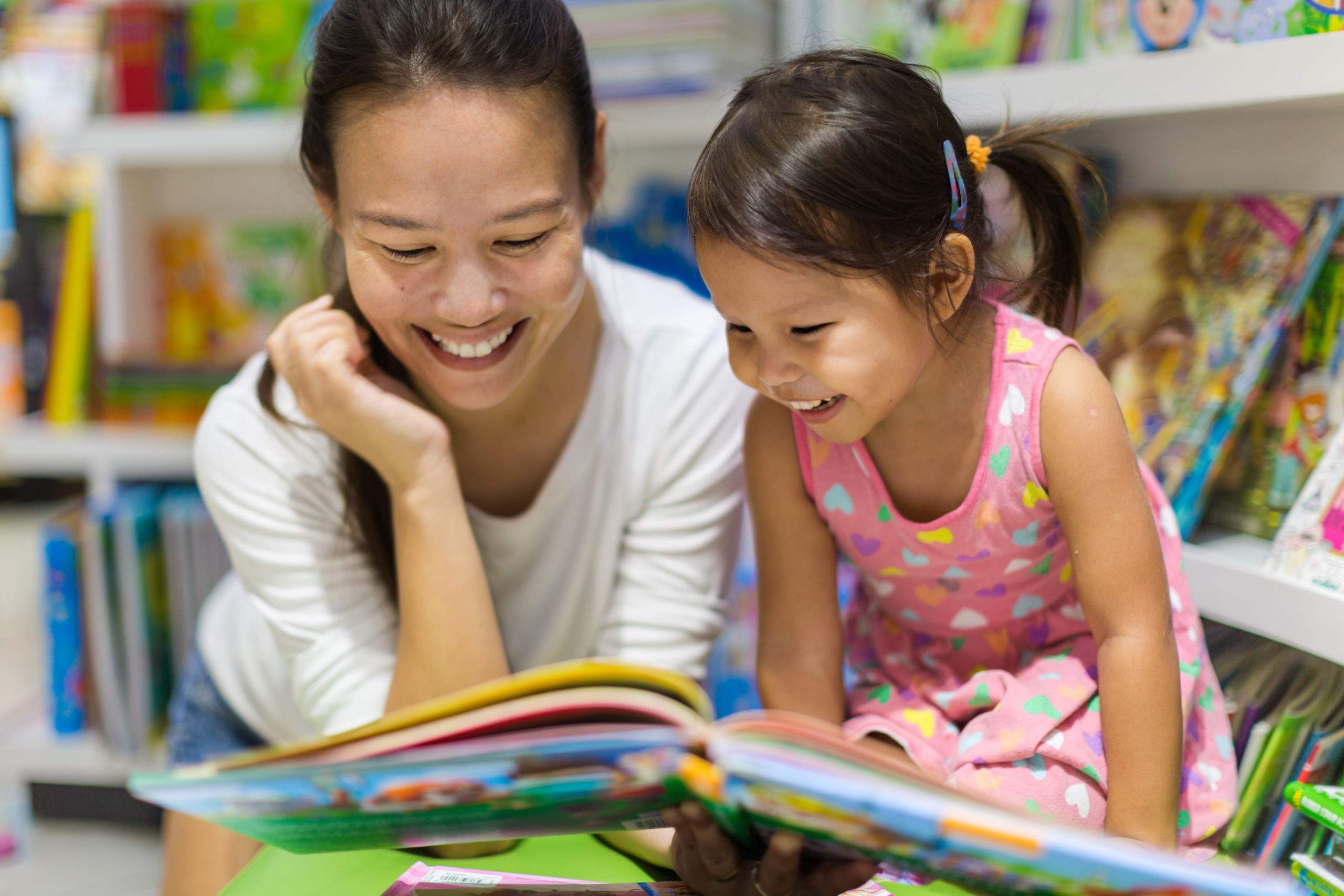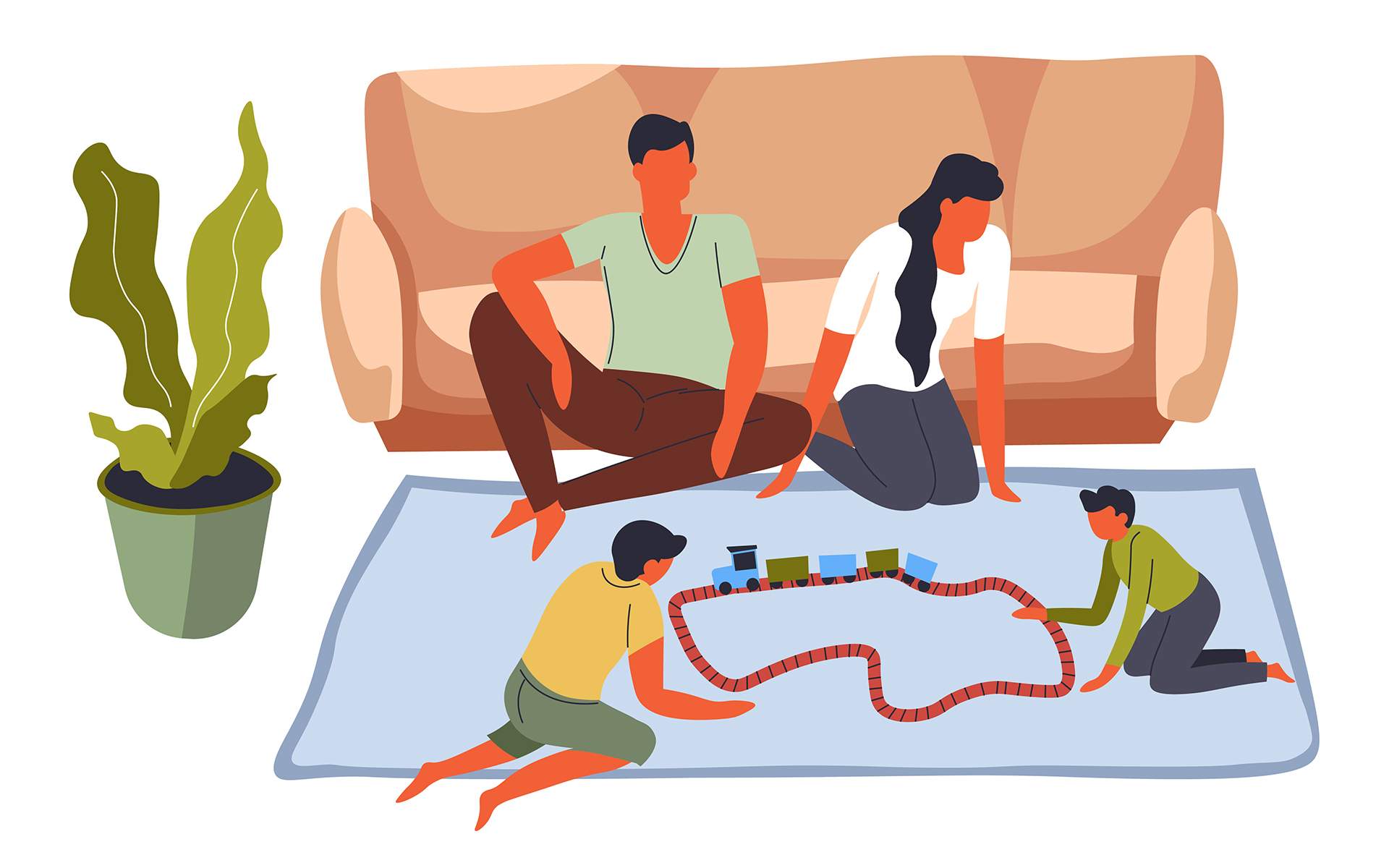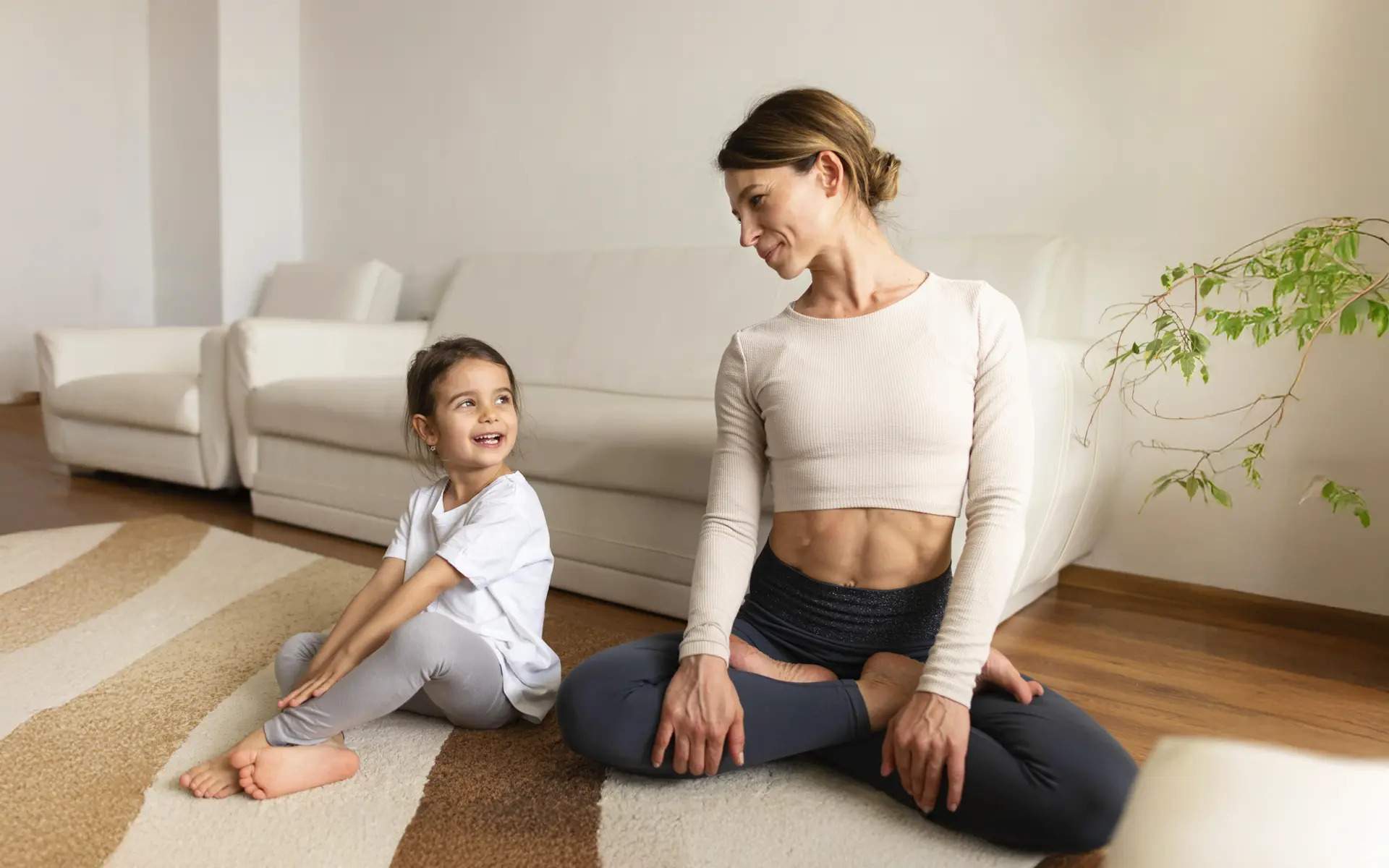Back in the 1990s, I was living outside Seattle, working at an internet startup during the first internet boom (the web 1.0 days). Oftentimes users would call to complain their system wasn’t working. Our response? Reset your computer. Even twenty years later a reset still fixes tech issues most of the time. It’s like the old line from Tara Brach, “everything works better once you’ve unplugged it for a while.”
So how do we reset ourselves and our dysregulated nervous systems when we’re emotionally overwhelmed? When I’m talking to kids or teens, I often use this reset button metaphor as well. And where is the human reset button? It’s hidden at the bottom of our lungs, so we have to breathe deeply and slowly enough to press it and restart our nervous systems.
The Breath is Your Superpower
You can probably tell when you, or the people around you, are dysregulated emotionally just by listening to the rate and rhythm of the breath. Slow and steady breaths mean a focused brain, regulated body, and active social engagement system. Short, shallow, choppy breaths often mean fight-or-flight response, stress, or emotional flooding.
If you can regulate your breath, you can regulate your body and nervous system, in turn your brain and your emotions, impulses, and attention. Who doesn’t want that superpower?
So while we’ve all probably noticed the way our mood impacts our breath, the opposite is also true. We can adjust our breath to adjust our mood. While I wouldn’t recommend trying it, hyperventilating with short shallow breaths is like calling 911 for your nervous system, setting off alarms and putting your body and brain into fight-or-flight response. Extended, deeper breaths tell the body and brain to relax, focus, feel confident and trusting. Or as I like to say, if you can regulate your breath, you can regulate your body and nervous system, in turn your brain and your emotions, impulses, and attention. Who doesn’t want that superpower?
How to Teach Mindful Breathing to Kids
So how can we breathe in a way that helps us feel more calm, and how can we teach young people? Slowing and deepening the breath to about five or six breath cycles per minute is what hits the reset button and sends the “all clear” signal to the nervous system.
Still, the fact is that breathing can be a little boring, as my kids are fond of pointing out to me. So when it comes to teaching kids to regulate their breath, how do we make it fun?
My friend Daniel Rechshaffen and I are inspired by ideas we got from kids around the world we met visiting schools or getting emails and just published the children’s book Alphabreaths Too, a sequel to our book Alphabreaths.
We’re excited to share a few of our favorite breaths, and encourage you to make up your own and share them with friends, family, and even with us.
3 Ways to Make Mindful Breathing Fun
- Kids can have fun with the Jurassic Breath by breathing in, holding their little arms up like a T-Rex, then letting out an extended roar. They can stretch out their arm like an excavator arm as they breathe in and then scoop imaginary dirt as they breathe out.
- Who doesn’t love P for Pirate Breath, letting you breathe in the salty sea air, and then breathe out with a hearty “ARRRR!!!!”
- Or perhaps celebrating a special occasion with C—the Cake breath, breathing in, imagining a big birthday cake in front of them, then blowing out and making a few wishes. Maybe one wish for themselves, one for their friends, and one for the whole world.
Breathing doesn’t have to be boring, and with our kids we can find fun ways to hit that reset button in our lungs, giving ourselves and our days a fresh start.
read more
7 Children’s Books with Mindfulness Messages
Many beloved picture books also offer mindful messages about connection, compassion, and contemplating the world around us. Children’s book authors Olivia Weisser and Christopher Willard share a few of their favourites.
Read More
Watching Trains: A Calming Breath Practice for Kids
Join author Susan B. Katz in a playful practice that helps children to focus on their breath, while their thoughts zoom on by.
Read More
7 Self-Compassion Reminders for Parents of Kids Who Are Struggling
When your child is having a hard time, it can be isolating, confusing, even exhausting. One way to help both parent and child is by practicing self-kindness and grounding in the knowledge that you’re not alone.
Read More











